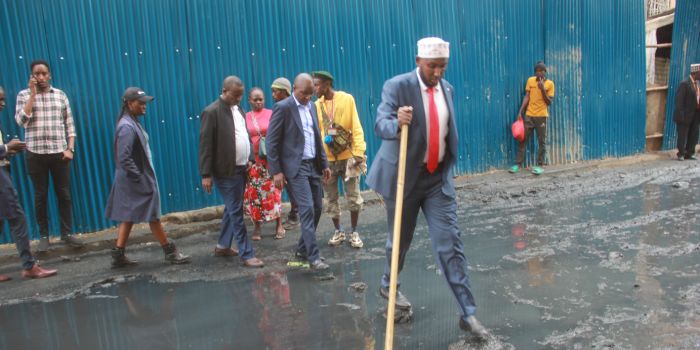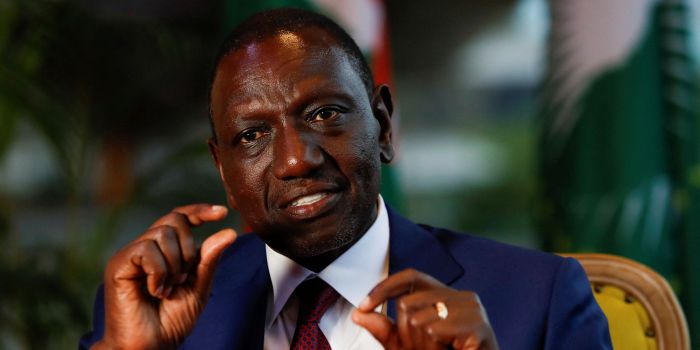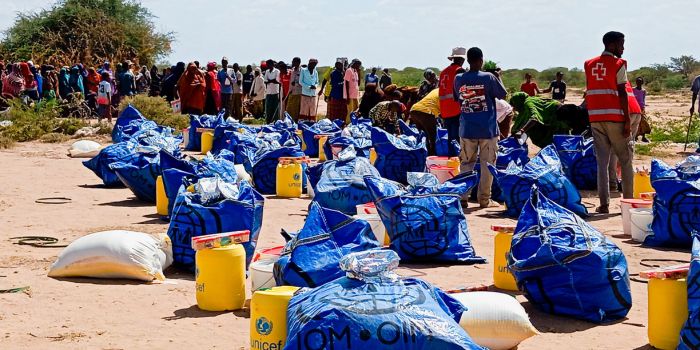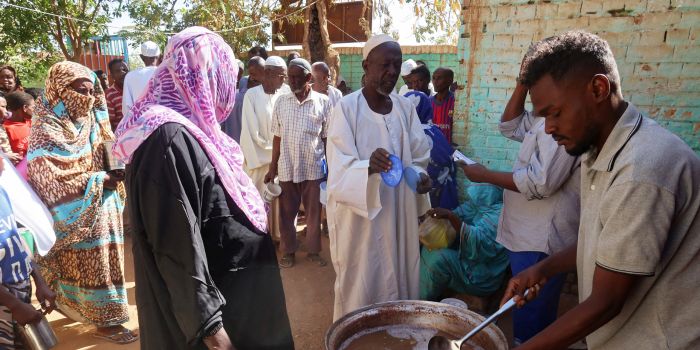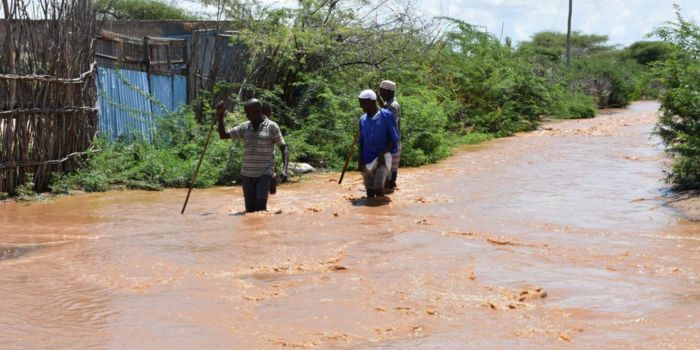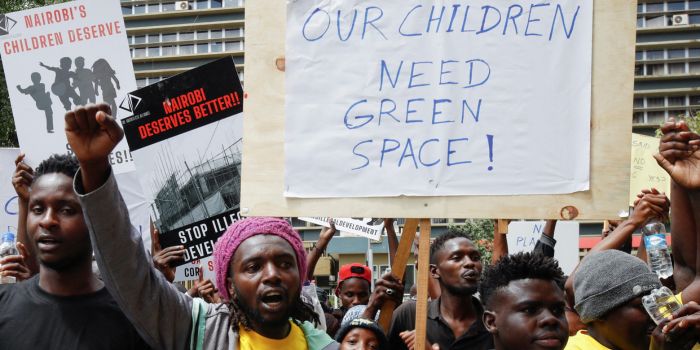Saudi Arabia prepares to repatriate 70,000 Ethiopians
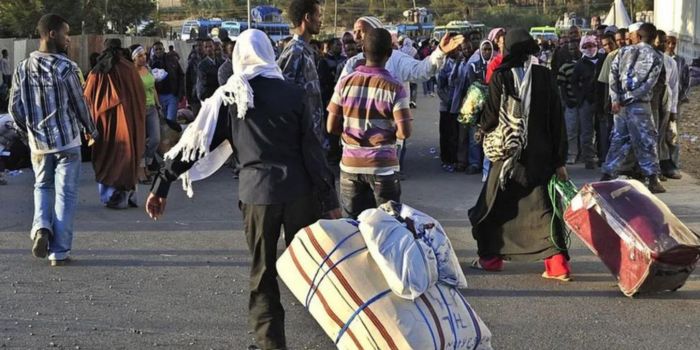
By Amina Wako |
The repatriation, the third such programme since 2018, will target "Ethiopians who are in a difficult situation", State Minister for Foreign Affairs Birtukan Ayano said.
The Ethiopian government has announced plans for Saudi Arabia to repatriate approximately 70,000 of its nationals, the third such programme since 2018.
The official process is expected to commence in the coming weeks, following Saudi Arabia's commitment to supporting the return of thousands of Ethiopians detained there this month.
"The repatriation includes flights from Saudi Arabia to Addis Ababa, electronic registration, and temporary holding to await transfer back to their villages," a government official said. "It also includes some kind of counselling, temporary access to meals, and medical assistance."
Last week, State Minister for Foreign Affairs, Birtukan Ayano, led a high-level Ethiopian government delegation to visit Ethiopian refugees in detention centres across Saudi Arabia.
Saudi authorities coordinated the visit to assess preparations for the repatriation of Ethiopian citizens and provide guidance to a technical committee overseeing the process.
The delegation's primary objective was to identify Ethiopian nationals prioritised for the programme and initiate the formal process of facilitating their return to Ethiopia.
On Sunday, the team met with Saudi officials in Riyadh to establish procedures for the return of Ethiopians currently residing in temporary detention facilities throughout the kingdom.
Birtukan stated that the repatriation will target "Ethiopians who are in a difficult situation," with regional administrations expected to ensure they resettle back home.
The repatriation expenses will include flight tickets, temporary holding at transition centres in Addis Ababa, fares to travel back to native regions, and some money to restart life.
However, funding cuts for refugee operations in Ethiopia have raised concerns about the government's ability to support the returnees.
Past programmes have faced challenges, with returnees facing severe difficulties reintegrating into their communities. Many return empty-handed, having used their earnings for living expenses and remittances.
The International Organization for Migration (IOM), which has been involved in past repatriation efforts, has expressed concerns about the slow and unaddressed reintegration of Ethiopian returnees. Last year, the IOM helped 42,000 Ethiopians return home, while in 2022, the figure was at least 92,000.
"We urge partners and donors to contribute the much-needed funds to respond to the burning needs of refugees and asylum seekers," said a joint statement by the Ethiopian Refugees and Returnees Service and the UN Refugee Agency.
The repatriation effort comes as Ethiopia faces an internal displacement crisis, with over four million people internally displaced, including those who fled Tigray during the internal war.
The government has struggled to rebuild infrastructure destroyed during the war, and new security challenges have emerged in neighbouring regions.
"We are committed to supporting the returnees and ensuring their safe reintegration into their communities," Birtukan said. "We urge all stakeholders to join us in this effort to support our citizens."




